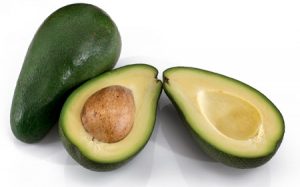Wondering how to start a business? How about agribusiness in Kenya? While millions of people wonder how to make money in Kenya, a smart Kenyan is making hay while the sun shines. Hay farming in Kenya is a very profitable business idea.
Recently, Citizen TV featured a young farmer from the Rift Valley, Noah, who is making millions from hay at Kampi ya Moto in Nakuru County. That’s right; he grows hay for feeding cattle. His customers are from all corners of the country, including Kiambu ya pesa, Nairobi, Kisii, Eldoret and his home county of Nakuru.
Noah used to be employed in a financial institution after having left behind 500 acres of prime agricultural land. His story of how he started hay farming in Kenya was very interesting: It is a story many young Kenyans are familiar with. For some understandable reasons, young Kenyans just love to live in the big cities. Nairobi is top on their list, then Mombasa, Kisumu and the other towns.
Hay Farming in Kenya: Make Money Growing Boma Rhodes Grass
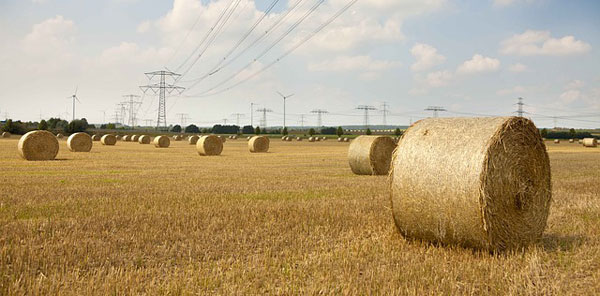
How to Make Money through Hay Farming in Kenya
Here is the hay farming in Kenya video of the young Kenyan who is making hay under the hot African sun (by Citizen TV).
According to Noah Chemirmir, hay farming in Kenya doesn’t need a lot of rainfall or irrigation. Hay needs little water – good news to many Kenyans who live in semi-arid regions. He grows the Boma Rhodes grass variety that is popular with hay farmers in Kenya.
This grass needs little water and matures quickly – in less than 4 months. Boma Rhodes grass has high productivity per acre and is more nutritious than alfalfa.
Noah harvests hay twice every year.
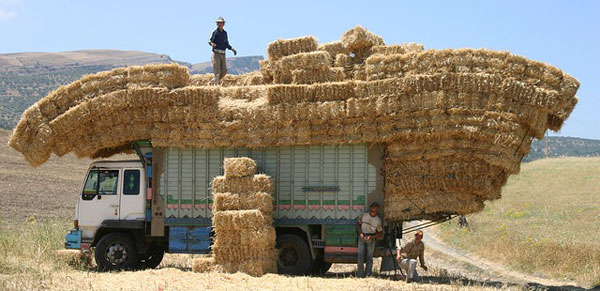
You need lot of land to make big money through hay farming in Kenya. At least an acre will do, but the more land you put under hay; the bigger the profits since most hay farmers mechanize the harvesting. Good timing is also necessary – time your grass crop to mature during the dry seasons, especially between January and April when the long rains start.
Noah’s mathematics of making money through hay farming in Kenya is quite simple: that Kenya has over 1.8 million small scale dairy farmers who each owns on average 2 dairy cows. A cow can comfortably live on a bale of hay every day (in addition to manufactured supplements).
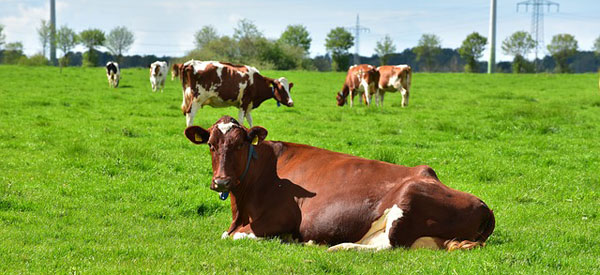
This roughly translates to a daily consumption of over 3 million bales of hay. Since it is not a secret how Kenyans love to rely on natural rainfall, the erratic weather patterns always lead to seasons of low cattle-feed availability. This is when hay farmers make a killing, selling a bale of hay for over Ksh 300.
Hay Farming in Kenya Tips: How to Grow Boma Rhodes Hay in Kenya
- If the land you want to put under hay is bushy, do not worry. Like Noah, you can make money by turning the trees into charcoal, and then plough the land and plant hay. Sow your Boma Rhodes seeds early to maintain control over weeds. The young grass can be easily overwhelmed by the weeds. Some hay farmers broadcast their hay seeds after mixing them with sand or sawdust. Drilling ensures that all seeds are buried just deep enough in rows that are at most 40 cm apart and 2cm deep. Boma Rhodes grass germinates quickly – in under a week.
- The hay seedlings grow relatively fast, but it is a good idea to use manure and fertilizers when planting. Use fertilizers to supply nitrogen that is necessary for good root development. DAP fertilizer is readily available in Kenya and is good for use when planting hay.
- Since hay is basically grass, the crop needs little management. Its biggest threat is the other grass species that grow as weeds and will compete with your Boma Rhodes for water and nutrients. You can control weeds through weeding by hand or using chemicals.
- Produce more hay by top-dressing with C.A.N. This fertilizer is also widely available in Agrovets, tea and coffee factories. Top dressing with fertilizers is best done during periods of low rainfall to avoid leaching – the loss of water-soluble nutrients from soil.
Benefits of Hay for Dairy Cattle
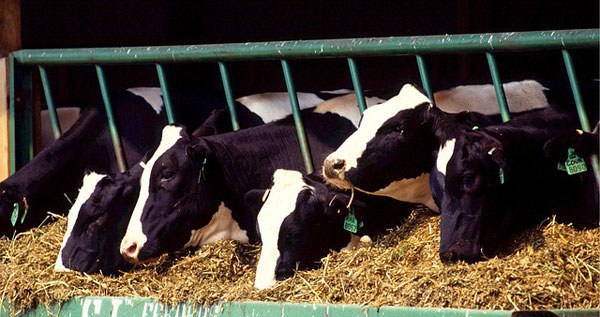
Hay grown from Boma Rhodes grass has high levels of digestible nutrients and crude protein. It can be stored safely for months and the dry feed is surprisingly good for the digestive system of cattle.
Hay is high in cellulose that non-ruminants have trouble digesting. Ruminants such as cows use the anaerobic bacteria and other enzymes that are naturally present in their digestive system to digest cellulose.
Back to the big story of hay farming in Kenya: Fast maturing hay grass produces more digestible nutrients. Cows that are fed on Boma Rhodes hay have higher productivity. Noah sells a bale of hay at Ksh 200, and produces over 50,000 bales of hay every year.
It costs about Ksh 60 to produce a bale of Boma Rhodes grass hay. Total production costs per acre of Boma Rhodes hay are about Ksh 15,000.
Do the math.
Share On Your Favorite Social Media!
Use the following links to spread the word...


